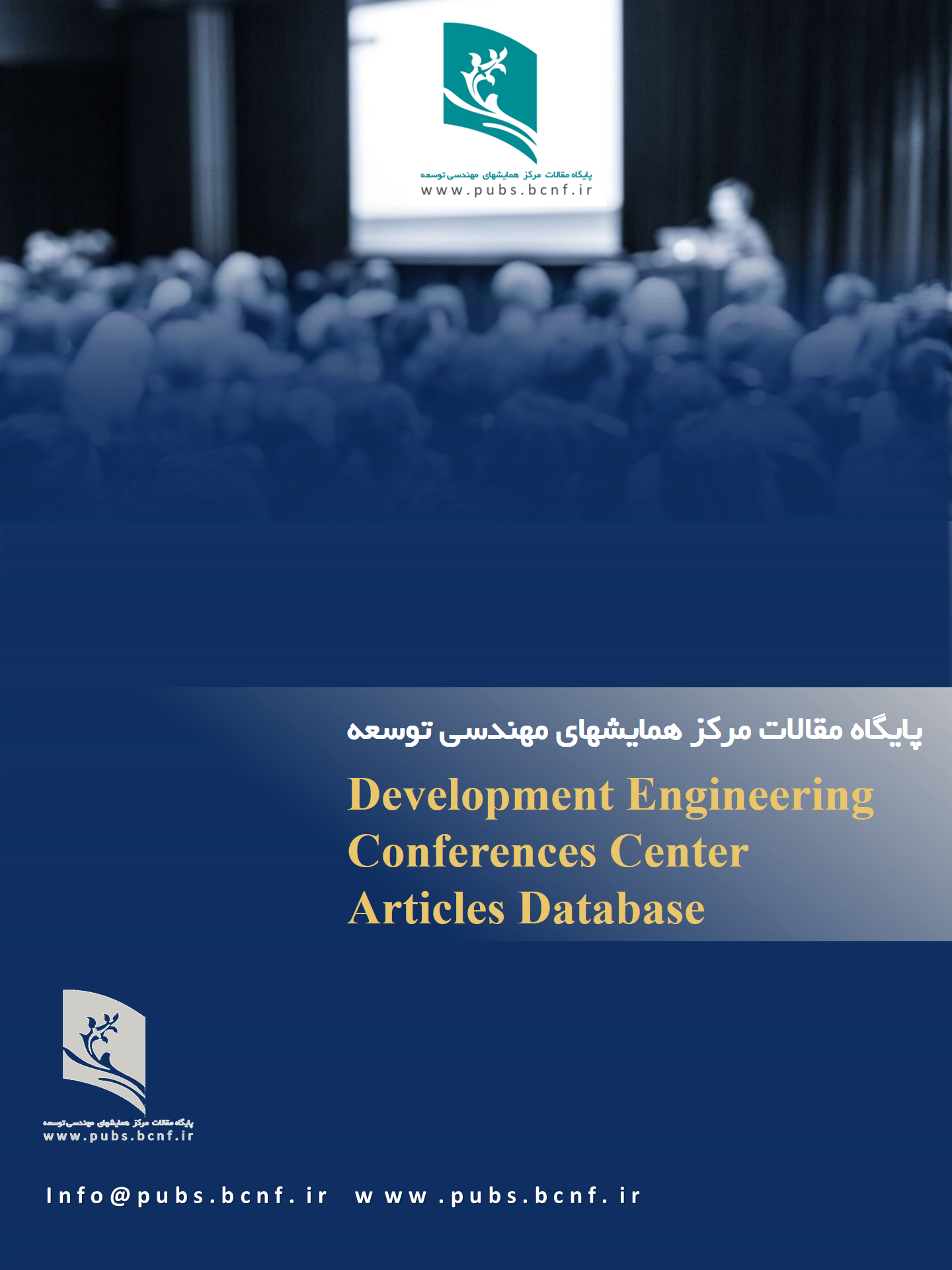Load Forecasting on Edge: A Step Towards Decentralized Energy Management with Data Compression and Encryption
Keywords:
Load Forecasting, Multi-Layer Edge Computing, Data Compression, Encryption, Internet of things, Smart MeterAbstract
In the modern age of swift technological advancement, smart meters have become a fundamental element of smart grid infrastructures, serving a critical role in acquiring energy data and delivering advanced services. These devices provide essential insights into energy consumption patterns, enabling more efficient energy management, cost reduction, and enhanced grid stability. Among the various applications of smart meter data, short-term load forecasting (STLF) for smart homes is notably crucial. However, the increasing deployment of smart meters and the vast amounts of data they generate pose considerable challenges regarding to storage, processing, transmission, and data security. To address these issues, edge computing, data compression, and encryption have emerged as transformative technologies, offered practical solutions and enhancing the effectiveness of load forecasting systems.
This paper presents a novel framework leveraging Multi-Layer Edge Computing (MLEC) for load forecasting, data compression, and encryption to address the challenges of decentralized energy management. By processing energy data locally, the framework enhances real-time decision-making, minimizes dependency on cloud platforms, and secures user privacy. The proposed framework optimizes and simplifies short-term load forecasting by achieving high accuracy while maintaining computational simplicity across various scenarios. It enhances data management through efficient compression, balancing compression ratios with processing speed and energy efficiency, and ensures secure data transmission with minimal overhead via secondary encryption. Simulations demonstrate prediction accuracy within an acceptable range, a 20-25% reduction in data size, and low-latency performance, highlighting the framework’s scalability and effectiveness for decentralized smart grids.



